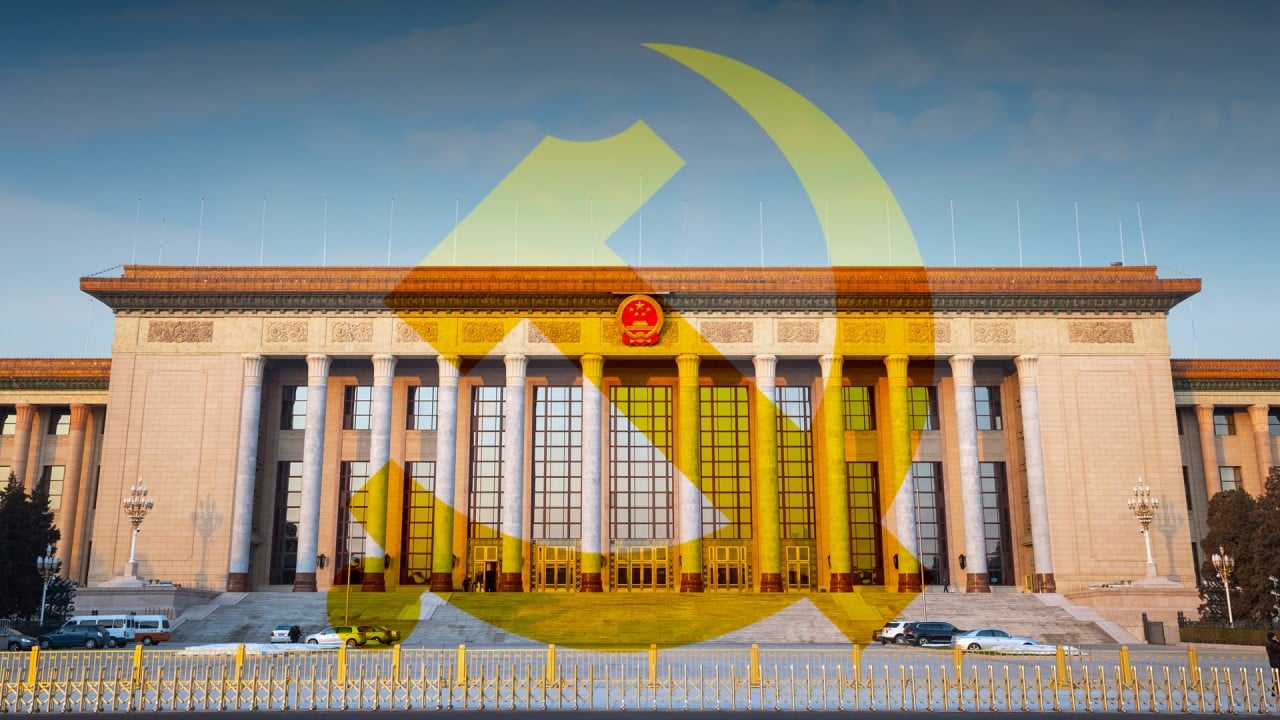
Xi Jinping seeks to channel Chinese Communist Party’s revolutionary past as he tells members to prepare for tough days ahead
- The Chinese leader used a tour of Guangxi region to visit an important revolutionary battle site and tell cadres to remember past struggles
- The party will celebrate its centenary later this year and Xi told party members to remember key moments in its history such as the Long March
President Xi Jinping wrapped up his visit to Guangxi in southern China by evoking Communist Party history and urging the party’s rank-and-file to uphold the revolutionary spirit of the past when preparing for tough days ahead.
According to state media reports, Xi spent his first day of the tour visiting a memorial park dedicated to the Battle of Xiangjiang in 1934 clash, where the Red Army suffered heavy casualties breaking through an encirclement by Nationalist troops.
Hailing the battle as “an important historical event that determined the life or death of the Chinese revolution”, Xi said the secret of success was revolutionary ideals that “soar above the clouds”, according to state news agency Xinhua.
“[The Red Army] persevered in the most difficult times, so as to continuously achieve miraculous victories. We should have such belief in achieving the goals of the second hundred years and turning our national rejuvenation into reality,” Xi said. “In the face of even greater difficulty, think about the Long March and the Battle of Xiangjiang.”
Xi vows support for private firms amid concerns of government intervention
Almost immediately after Xi’s visit to the memorial park, Xinhua published a commentary on the battle, which is said it showed that the Communist Party’s governance of the country was “hard-earned” and built on “solid foundations”.
The commentary said conflict had“tested the will, courage and strength” of the Communist Party and “highlighted its resilience in overcoming major challenges”.
It said that “to fully build a modern socialist country by the mid-century will be no walk in the park. It will take more than beating drums and banging gongs to get there”.
“Reviewing the history, the spirit of tenacity and perseverance in overcoming challenges will be a valuable source of strength, empowering the party to lead the Chinese people to make new remarkable achievements,” it continued.
While the Covid-19 pandemic has reduced the number of overseas visits made by the Chinese leadership, but Xi has been travelling around China at the rate of almost one province a month since he visited Wuhan, the ground-zero of the outbreak, in March last year to send a message the outbreak had been overcome.
Other tours have included pilgrimages to sites with revolutionary historical significance– including a visit in May 2019 to a monument in Jiangxi marking the start of the Long March, just after the collapse of trade talks with the US.
Xi also used the visit to Guangxi to call for high-quality development in border regions. In Nanning, the region’s capital, he visited a cultural exhibition dedicated to the Zhuang people and called for ethnic solidarity.
Observers said Xi would probably visit more important revolutionary sites in the run-up to the centenary celebrations.
Xie Maosong, a professor at the University of the Chinese Academy of Sciences, said Xi wanted to remind rank-and-file members “where we came from” so he can better show them “where we are going”.
China’s Communist Party revisits the past to regroup for future
“I believe Xi will visit two more symbolic sites in the party’s revolutionary history before July … It is very important in Chinese culture to pay homage to the ancestors in major celebrations,” Xie said.
Alfred Wu, an associate professor at the Lee Kuan Yew School of Public Policy at the National University of Singapore, said Xi was telling party members to be prepared for “tougher days ahead”.
“Xi has no illusions about Sino-US relations. He is telling the party that as we won in the tough battle with the formidable Nationalist troops more than 80 years ago, we can win again in the new struggle [with the US].”


